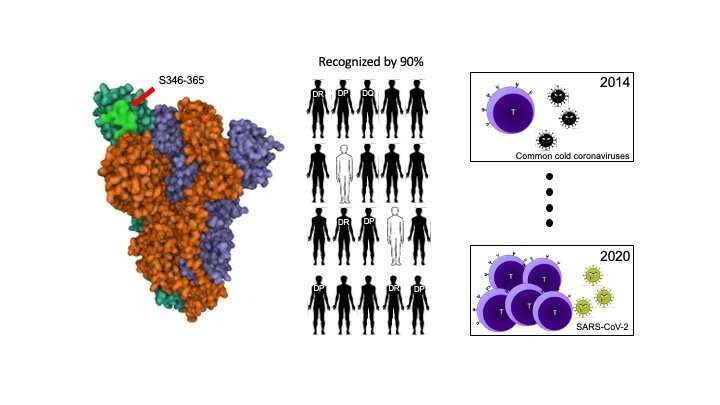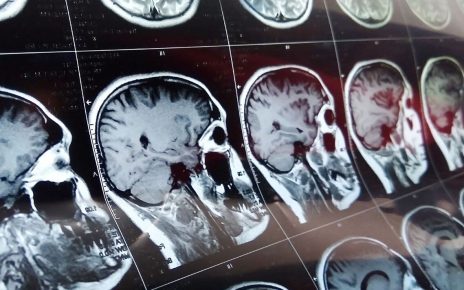
An international team of researchers from the Institute for Research in Biomedicine, affiliated to the Università della Svizzera italiana, has deciphered the T cell responses occurring during COVID-19 infection at single-cell resolution. This study, which was performed at the Center of Medical Immunology under the leadership of Prof. Federica Sallusto, included collaborations with clinical institutions from Ticino and Italy: Ente Ospedaliero Cantonale (EOC), the Clinica Luganese Moncucco, the Policlinico S. Matteo in Pavia, and INGM Milano, is published in the current issue of Science.
T lymphocytes are a subset of immune cells in the blood that mount a protective immune response against foreign pathogens such as SARS-CoV-2. These T lymphocytes can directly neutralize the threat and/or indirectly help by promoting antibody production. “A precise understanding of how T cells respond to SARS-CoV-2 infection could help inform the design of next generation vaccines to coronaviruses,” says Prof. Federica Sallusto.
The SARS-CoV-2 virus is composed of several proteins, including the Spike glycoprotein, which contains a domain that latches onto host cells for infection, called the receptor-binding-domain (RBD). “We wanted to understand which SARS-CoV-2 proteins are highly targeted by CD4+ T cells, a T cell type that helps the immune response to fight against infectious pathogens,” says Dr. Federico Mele, a main author of this study. By profiling almost 3000 CD4+ T cells isolated from 34 SARS-CoV-2-exposed donors, the team found that the RBD is highly targeted. “Strikingly, a 20-amino-acid stretch of the RBD is recognized by almost all donors. The discovery of this immunodominant region highlights a shared molecular basis of immune recognition in all individuals exposed to SARS-CoV-2 infection or vaccination,” says Daniela Vaqueirinho, a USI doctoral student and another main author of the study.
Each T cell harbors a T cell receptor (TCR) on the surface, which they use to recognize the pathogens. By sequencing the TCR of SARS-CoV-2-specific T cells from COVID-19-recovered donors, the authors found that COVID-19 infection generates diverse subsets of CD4+ T cells with distinct functional properties important for immune protection. “It’s a relief that these diverse SARS-CoV-2-specific T cells can be detected up to 12 months post-infection. The longevity of these cells is pivotal for a long-lived protective immunity,” says Dr. Jun Siong Low, another main author of the study.
Source: Read Full Article



